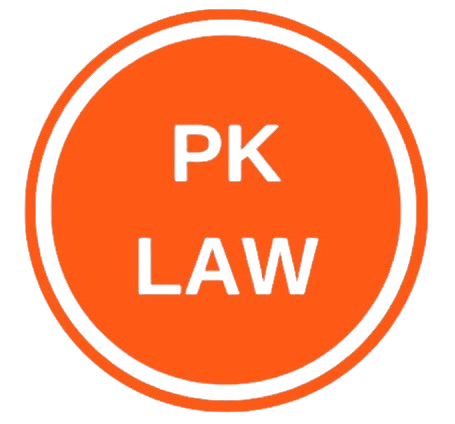Blog
How do we pay for a nursing home or care at home?
What if your loved one needs a nursing home? Can you pay $10,000.00 every single month? Long term care costs are insanely high. Learn how to protect your family and your assets.
What Is the Difference between a Trust and an LLC?
What are the differences between a trust and an LLC? Do you need one? If so, which one?
Can I protect my IRA with a Trust?
You can protect your assets - including your retirement accounts!





